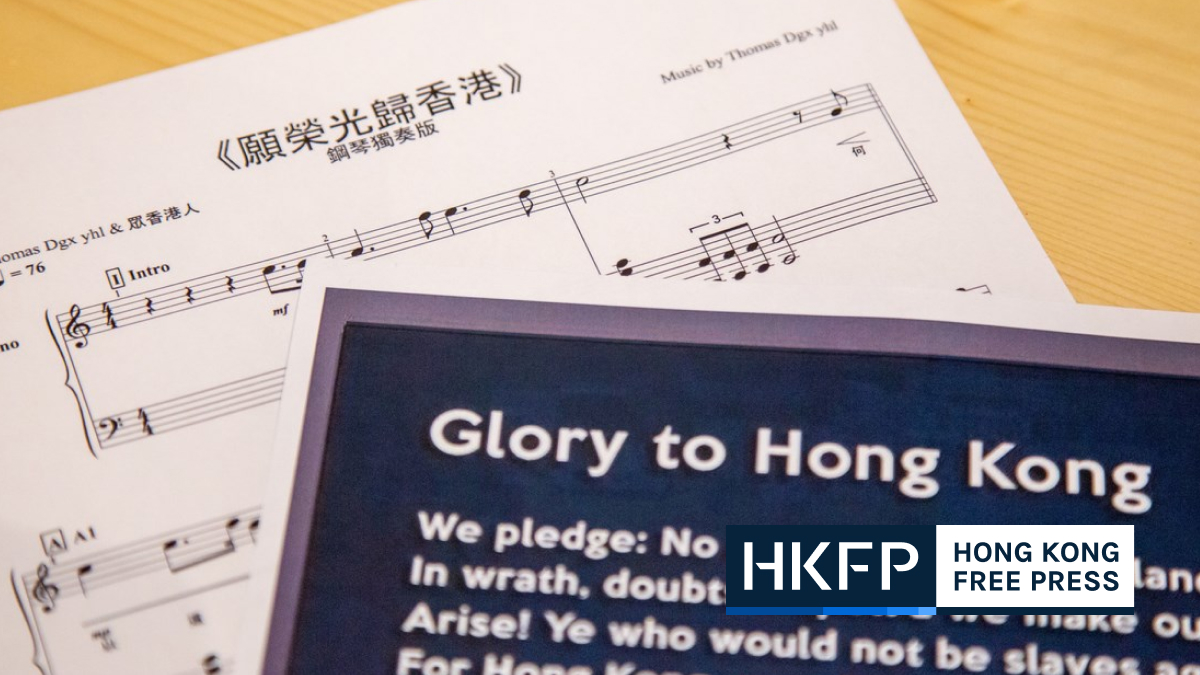Seizing a controlling majority in Hong Kong’s legislature was seen as a potential “lethal constitutional weapon” against the government, prosecutors argued in a high-profile national security case involving 47 pro-democracy figures.
The closely-watched trial of 16 Hong Kong democrats who denied the charge of conspiracy to commit subversion began on Monday, almost two years after the case was first brought to court. The offence, covered by the sweeping security law, is punishable by life imprisonment.

The defendants, including 31 others who pleaded guilty, were said to have conspired to plan, organise and participate in seriously interfering in, disrupting or undermining the performance of duties and functions of the HKSAR by unlawful means with a view to subverting the state power.
The accusation originally mentioned “by threat of force,” but it was dropped in the prosecution’s amended opening submission.
Former University of Hong Kong law professor Benny Tai initiated the scheme in December 2019, Deputy Director of Public Prosecutions (Special Duties) Anthony Chau told designated national security judges Andrew Chan, Johnny Chan and Alex Lee. Tai has pleaded guilty to the subversion charge.
The scholar later lobbied for support on social media, together with ex-lawmaker Au Nok-hin, one of the four defendants who will give testimony for the prosecution in the trial without a jury.
Jury trials have been a function of Hong Kong’s common law legal system for more than 150 years, however, the security legislation allows cases to be heard by national security judges.

The primary polls held in July 2020 aimed to maximise the chance of winning an upcoming Legislative Council election at the time to obtain a majority in the legislature, the prosecutor said, describing it as “one of the cardinal steps of the scheme.”
The unofficial elections saw more than people 600,000 casting their ballots at 251 polling stations just weeks after the national security law was implemented.
According to the prosecution, 33 democrats who ran in the primary polls had signed a joint online declaration titled “Resolute Resistance, Inked Without Regret,” in which they pledged to abide by the terms of the scheme, including using their power as lawmakers, if elected, to veto the government’s budgets. The move was aimed at compelling the chief executive to respond to the protesters’ five demands, the prosecution said.
During the hearing on Monday, Chau played a video of a press conference held in March 2020, in which legal scholar Tai described winning more than half of the seats in the legislature, as “the expectation of quite a lot of voters.” He also said the majority was a “destructive constitutional weapon.”
“But how to use this constitutional weapon, including our ability to veto the budget… it has to be discussed further,” Tai said at the press conference.

The prosecution also pointed to an article by Tai which was published in the defunct newspaper Apple Daily in March 2020. It was titled “A LegCo majority is a constitutional weapon of mass destruction,” Chau said, adding the former HKU academic believed the legislative majority was in line with “the grand strategy of unwavering resistance against the regime.”
“[W]hich is to make the existing political system (of Hong Kong) extremely unstable,” the prosecutor said, citing Tai’s article.
The Legislative Council election in 2020 was postponed after then-chief executive Carrie Lam invoked emergency powers citing the Covid-19 pandemic. Hong Kong’s electoral system then saw a major overhaul in May 2021, with changes such as imposing a pro-Beijing vetting panel to select candidates.
Chau urged the court to consider the 2019 anti-extradition bill unrest as relevant context in the case, saying the city saw escalating violence, vandalism and arson.
The prosecution will rely on the testimonies of the accomplice witnesses and articles and advertisements or propaganda materials related to the primary election, Chau said. His team would also play videos of press conferences, interviews, street rallies, election forums, as well as documents seized from the defendants to build their case.
The hearing was adjourned to Tuesday morning, when the prosecution will continue its opening submission, which is expected to take two to three days to complete.
Before Monday’s hearing concluded, Judge Andrew Chan told members of the public to leave the courtroom in an orderly manner, warning that they must not harass the prosecution team or the defence team regardless of their “position on the political spectrum.”
He cautioned people against shouting or yelling in court, adding that the judges had “resisted the idea of installing CCTV cameras inside the courtroom.” Those who fail to comply with his directions could be seen as committing contempt of court and could be liable for punishment, he said.
In June 2020, Beijing inserted national security legislation directly into Hong Kong’s mini-constitution – bypassing the local legislature – following a year of pro-democracy protests and unrest. It criminalised subversion, secession, collusion with foreign forces and terrorist acts, which were broadly defined to include disruption to transport and other infrastructure. The move gave police sweeping new powers, alarming democrats, civil society groups and trade partners, as such laws have been used broadly to silence and punish dissidents in China. However, the authorities say it has restored stability and peace to the city.
Support HKFP | Policies & Ethics | Error/typo? | Contact Us | Newsletter | Transparency & Annual Report | Apps
Help safeguard press freedom & keep HKFP free for all readers by supporting our team

latest national security stories
Support HKFP | Policies & Ethics | Error/typo? | Contact Us | Newsletter | Transparency & Annual Report | Apps
Help safeguard press freedom & keep HKFP free for all readers by supporting our team
































